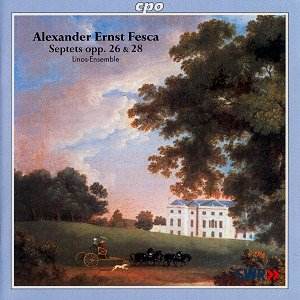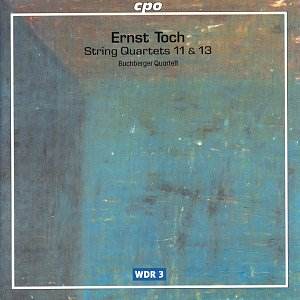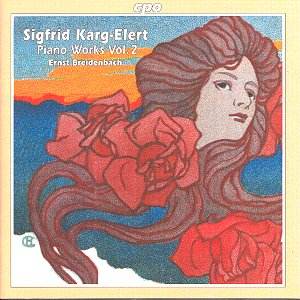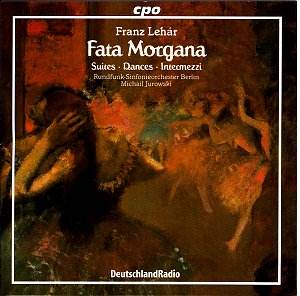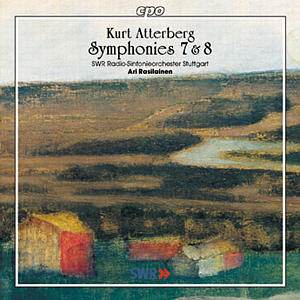 Composer: Kurt Atterberg
Composer: Kurt Atterberg
Works: Symphony No. 7, Op. 45 “Sinfonia Romantica”; Symphony No. 8, Op. 48
Performers: SWR Radio-Sinfonieorchester Stuttgart; Ari Rasilainen, conductor
Recording: 2000, Stuttgart
Label: CPO 999 641-2
Kurt Atterberg, a prominent Swedish composer of the early to mid-20th century, occupies a unique position in the pantheon of nationalist composers. While his oeuvre encompasses an array of orchestral music, operas, and choral works, his symphonic contributions—particularly the Seventh and Eighth Symphonies—remain underappreciated. Composed during the tumultuous years of World War II, these works reflect not only Atterberg’s artistic evolution but also his steadfast commitment to a lyrical romanticism that often belies the historical context in which they were created. The Seventh Symphony, composed between 1941 and 1942, bears the weight of a composer grappling with the socio-political realities of his time, while the Eighth, completed shortly thereafter, reveals a more vibrant engagement with folk elements and thematic development.
Ari Rasilainen directs the SWR Radio-Sinfonieorchester Stuttgart with a keen sense of orchestral color in this recording. The orchestration is handled with finesse, particularly in the Seventh Symphony, where the lush strings and woodwinds create a rich tableau that evokes the pastoral landscapes of Sweden. However, the opening movement, with its dramatic gestures, can feel overly bombastic, lacking the subtlety that characterizes Atterberg’s more successful works. The thematic material, reminiscent of the Sixth Symphony, suggests a composer revisiting familiar motifs, yet it ultimately does not coalesce into a memorable whole. The finale, rather than providing a satisfying culmination, resorts to a somewhat trite combination of folk-inspired rhythms and orchestral flamboyance, leading to a conclusion that feels disappointingly anticlimactic. This impression is exacerbated by the knowledge that Atterberg originally intended a fourth movement, which he later discarded, leaving the symphony feeling incomplete.
In contrast, the Eighth Symphony emerges as a more cohesive and engaging work, showcasing Atterberg’s ability to weave folk motifs into a more robust structural framework. The slow movement features a cor anglais solo that stands out as a highlight, its lyrical beauty contrasting effectively with the vigorous scherzo that follows. Rasilainen’s interpretation here allows the folk-derived themes to resonate with clarity and charm, and the orchestra executes the intricacies of this movement with an admirable precision. While the finale, despite its somewhat frivolous demeanor, is replete with catchy themes and lively orchestrations, it ultimately feels more substantial than that of the Seventh.
Sound quality on this recording is notably excellent, capturing the orchestral textures with clarity and depth, a hallmark of CPO’s engineering standards. Compared to earlier recordings of these symphonies, such as the pioneering efforts by Mikhail Jurowski and the Malmö forces, this version offers a more refined listening experience, making it a worthy addition to Atterberg’s discography.
Atterberg’s Seventh and Eighth Symphonies, while not his most celebrated works, provide critical insights into his stylistic evolution during a challenging period. The Eighth Symphony particularly shines as a testament to his ability to blend nationalistic themes with a personal voice, showcasing a composer who, while engaged in a dialogue with the past, still sought to innovate within the confines of his romantic idiom. This recording serves not only as an important documentation of Atterberg’s later output but also as an invitation to explore the broader spectrum of his symphonic achievements. For those familiar with Atterberg’s earlier successes, this disc is a valuable exploration of his lesser-known but still intriguing symphonic landscape.
